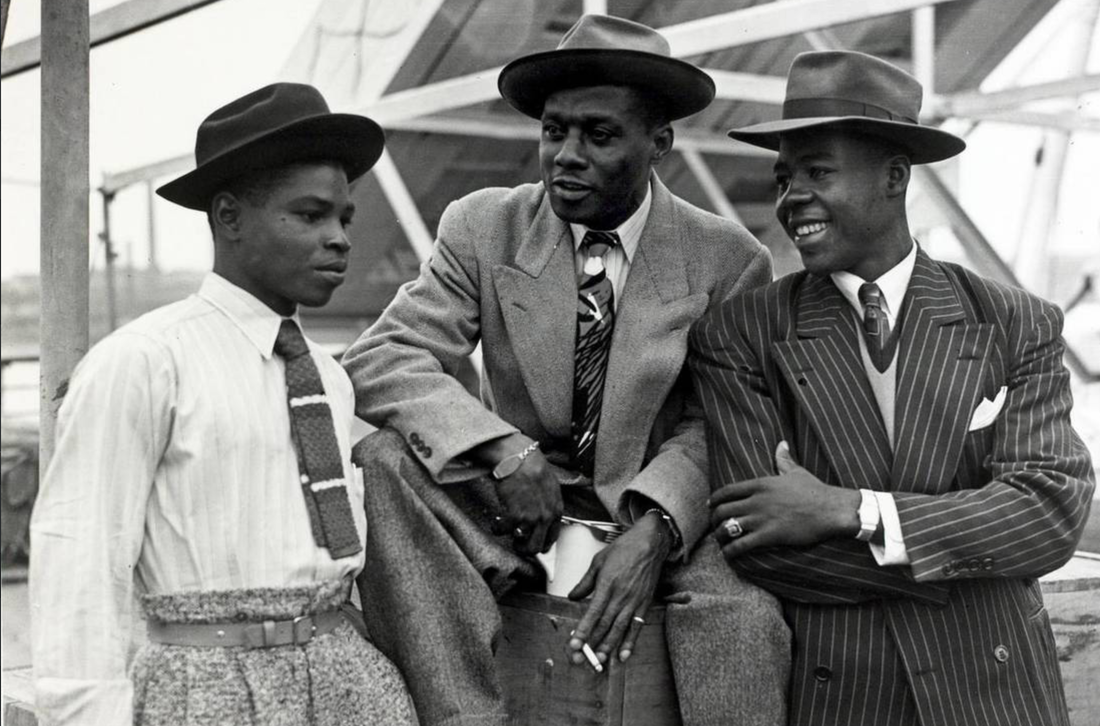|
The Windrush fiasco should be used to promote black history in schools, the chief of London’s Black Cultural Archives said. The ship MV Empire Windrush gave its name to the so-called Windrush generation when it arrived at Tilbury Docks, Essex, carrying 492 passengers on June 22 1948. The name applies to those from Caribbean countries invited by the Commonwealth to help rebuild Britain between 1948 and 1971 following the Second World War.
The government is currently embroiled in a major row over the Windrush generation having to prove to the Home Office they have the right to live in the UK despite being given indefinite leave to remain in 1973. Paul Reid, director of the archives in Brixton, south London, said: “These people came over on an invitation and they worked hard. They built Britain as it is today. These are the people responsible for infrastructure that is crucial to this country.” The director told the Standard that a request for those affected to provide evidence to continue working or get NHS treatment was just another “threat” faced by the black community. He said “We have been threatened time and time again. Windrush was not the beginning, we had the slave trade, we had black people in the Tudor times, we had integration. “It is, unfortunately, nothing new but it does highlight a much, much wider issue. That is an issue of identity, of black British history being more than just Black History Month. “It highlights the marginalisation of the black community. At a time when science and understanding about race is pushing forward, racism is still very real.” Jeremy Corbyn ambushed by Theresa May in Home Office Windrush rowHe added that the latest threat to deport UK residents without the correct paperwork and Theresa May’s recent apology over the issue was sparked by “mistakes on both sides”. “I admit, mistakes were made by both sides. I am affected by this, my father is Jamaican, my wife is Jamaican but I have my documents. “Some people didn’t get their act together and sort out their documents but they were invited over, if you get an invitation you don’t expect the threat of deportation. The fact of the matter is it was an invitation,” he said. Mr Reid called for Windrush to be used to push for more emphasis to be put on black history in schools. He said a lack of it on the national curriculum left young black men in particular feeling isolated and questioning their identity. “You are a young black man sitting in a classroom, you flip through a book and you see white faces. You start to question, is someone better than me? Why are these people not like me? “I looked it up myself and while it is interesting, it is not sexy. It is not Kings and Queens but it is bigger than that, it is identity. We have too much ‘steel pans, jerk chicken, and samosas’ – this is not identity,” he said. Attributing a recent spate of violent, gang-related crime in the capital to a lack of identity, Mr Reid added: “You leave these kids questioning their identity and you get ‘I’m a gang leader’. No, you’re not a gang leader, you believe you are a gang leader. They’ve had to make their own way. We need to change the narrative here. “Show these children what people like them have done and what they can be. We need to stop this marginalisation. It starts with creating a new narrative. Source : Evening Standard - 18 April 2018 |
Archives
May 2022
Categories |


 RSS Feed
RSS Feed